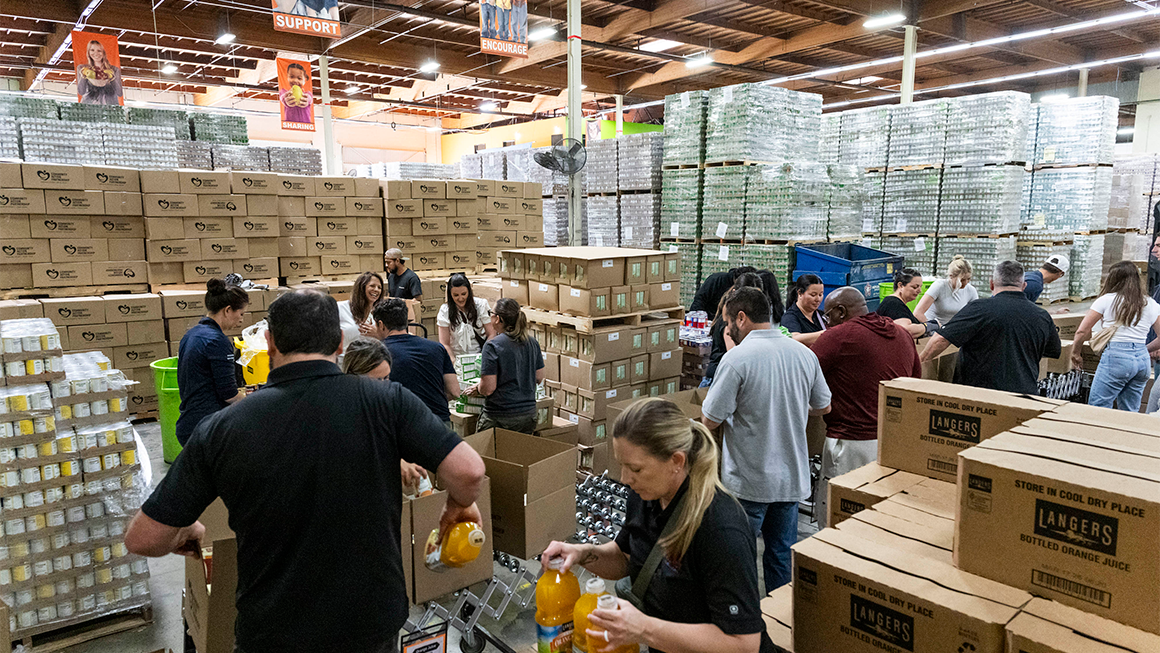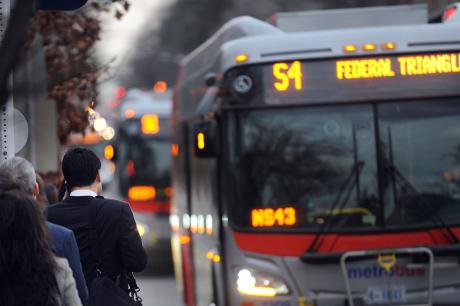Articles and analysis on today's issues

Federal cuts to the Supplemental Nutrition Assistance Program could cause some DC-area families to lose an average of $187 in monthly benefits.
Could Machine Learning Help Reduce Inequities in the Homelessness Response System? Tools driven by artificial intelligence could help communities better target homelessness services to those in need. However, to avoid perpetuating racial inequities, researchers and practitioners will need to address potential racial biases when developing these tools.Rent Reporting Can Help Build Credit. Why Aren’t Smaller-Property Tenants Opting In? New survey data show a high level of misinformation about rent reporting, resulting in many tenants missing out on its benefits.Could Apprenticeships Reduce Recidivism among Young People? Young people have high rates of reoffending once they’ve entered the criminal legal system, but apprenticeships may offer an opportunity to alter their life paths.How Policymakers Can Analyze Public Transit Investments to Increase Equity in Access to Employment New analysis shows that enforcing priority bus lines would increase access to jobs for many DC residents, but additional investments are needed to ensure equitable outcomes.Why a Universal Asset Limit for Public Assistance Programs Would Benefit Both Participants and the Government Restrictive asset limits and complex program rules make it difficult for families to navigate public benefits programs. Raising the Supplemental Security Income program’s asset limit and adopting a universal asset limit would simplify the process and reduce administrative costs.Overcoming Obstacles to the Veterans Administration's Loss Mitigation Options Pandemic-era funding allowed the Veterans Administration more latitude to assist veterans and active-duty service members facing financial difficulties, but those funds are expiring, and borrowers need a new loss mitigation alternative.





